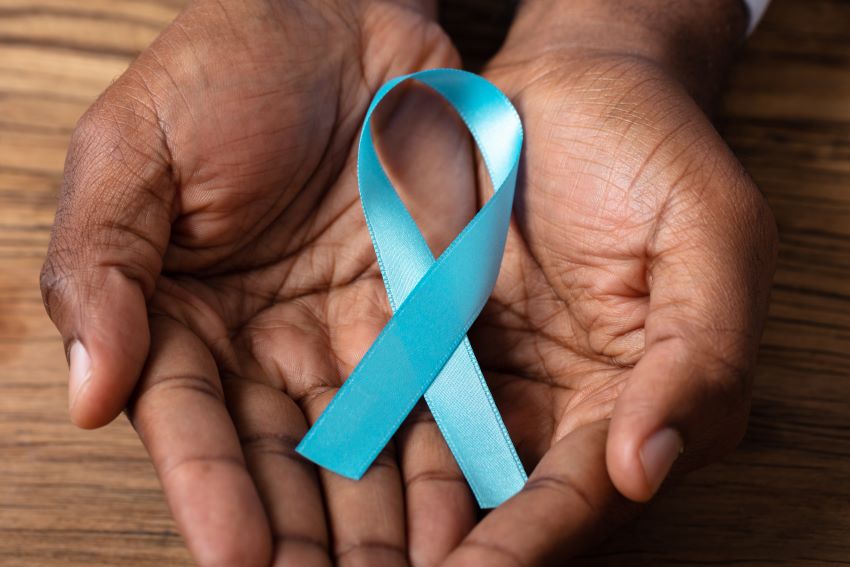
Barbados has seen a steady decline in cervical cancer cases.
The Barbados National Registry (BNR) is reporting that between the period 2013 and 2018 cases dropped from 36 (in 2013), with cervical cancer being ranked as the third most common cause of cancer that year, to 13 cases in 2018, ranking 13th among various types of cancers.
In addition to the reduction in cervical cancer cases, there was also a decline in cervical cancer deaths over this period, with age-standardised mortality rates moving from 12.2 in 2013, to 6.6 in 2017, the Registry stated in its most recent newsletter, The Register.
The BNR pointed out that the drop in cases was notable despite Barbados not having “key cervical cancer policies, programmes, budgets or protocols as of December 2013, when a Situation Analysis of Cervical Cancer Prevention and Control in the Caribbean was published”.
The Registry, therefore, attributed population-based interventions rolled out in the public primary care setting as having an impact on case outcomes.
While it pointed out that the human papillomavirus (HPV) vaccine and HPV DNA testing during pap smears were introduced in the public setting in 2013, the BNR indicated that the vaccine was unlikely to have impacted the reduction in cases, in the short-term, since it was only introduced to younger persons.
However, the BNR added that Barbados also introduced “a pathway to move women who received a diagnosis of high grade, pre-cancerous cervical lesions (cervical intraepithelial neoplasia 3 or CIN III), through a course of treatment and regular monitoring”.
These women are seen in the Colposcopy Clinic of the Queen Elizabeth Hospital, treated with Cryotherapy, Loop electrosurgical excision procedure (LEEP) or cold knife colonisation and re-examined in three to six months for confirmation of further disease.
“This might indicate the success of these measures for cervical cancer control, despite the lack of a cancer plan and other control measures. The BNR calls for simple, financially achievable interventions in other cancers that could see the numbers of cases and deaths reduced.
“We continue to advocate for the signing of the National Cancer Action Plan which will standardise cancer care and treatment for the main cancers experienced by the Barbados population,” the Registry stated.
